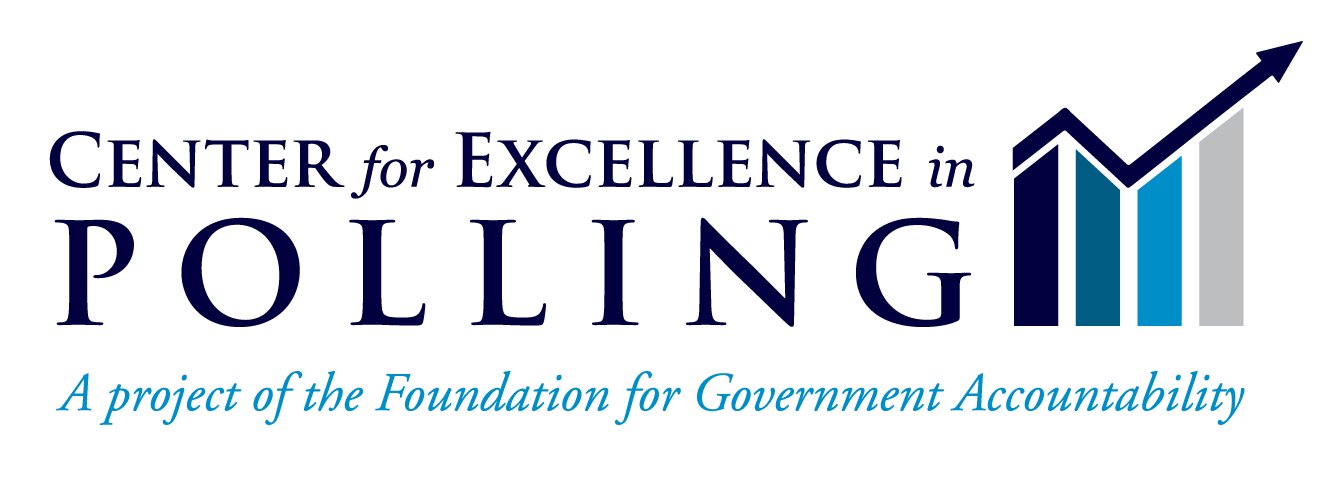Publication date: August 4th, 2023
Written by: Travis N. Taylor
The Center for Excellence in Polling recently surveyed Americans on their attitudes toward school board elections, including voters’ support for various reforms to increase the accountability of local school boards to their communities.
We found broad support for a range of school board election reforms—support that cuts across party lines while also coming from a large swath of politically independent voters.
Voters support reforms designed to increase voter participation in school board elections
80%
of likely voters say they support holding school board elections on cycle, on the same ballot with other major statewide or federal offices, compared to opposition of just eight percent. Support levels for this reform are similar across political affiliation, with 82 percent of Democrats, 80 percent of Republicans, and 78 percent of Independents expressing support.
61%
of likely voters support holding elections for all seats on a school board simultaneously, rather than staggering the terms. Support for concurrent elections comes from two-thirds of Republicans (67%) and nearly six in 10 Democrats (59%) and Independents (57%).
Voters support regularly bringing new leadership and perspectives onto school boards
80%
of likely voters express support for term limits for members of their local school board. Broad support for this perennially popular reform comes from 83 percent of Republicans, nearly eight in 10 Democrats (79%), and three-quarters of Independents (76%). Term limits are also the most popular school board election reform among suburban women, garnering 82 percent support from this demographic.
Voters want more transparency when deciding whom they vote for in school board elections
64%
of likely voters support identifying school board candidates with their party affiliation listed on the ballot. Support for this reform is driven by partisan voters, including 71 percent of Republicans and 68 percent of Democrats. While Independents are, unsurprisingly, less supportive than partisan voters of including party affiliation on the ballot, a majority (52%) of them still support the reform.
The Bottom Line
As school boards across the country have become a source of frustration for parents, voters are widely supportive of reforms that would increase voter participation, increase ideological diversity on school boards, and hold locally elected school board officials accountable to the community. Policymakers at the state and local levels have an opportunity to enact meaningful reforms that make school board officials work for, and properly represent the concerns of, parents—reforms that are widely popular, regardless of party affiliation.
